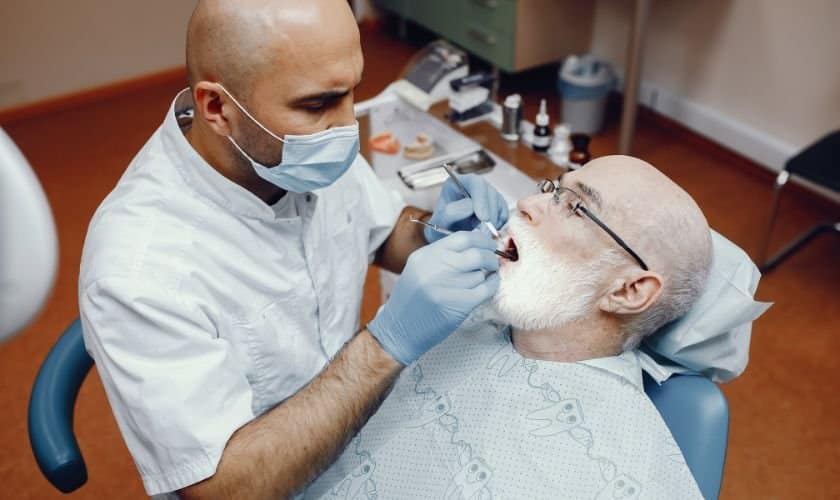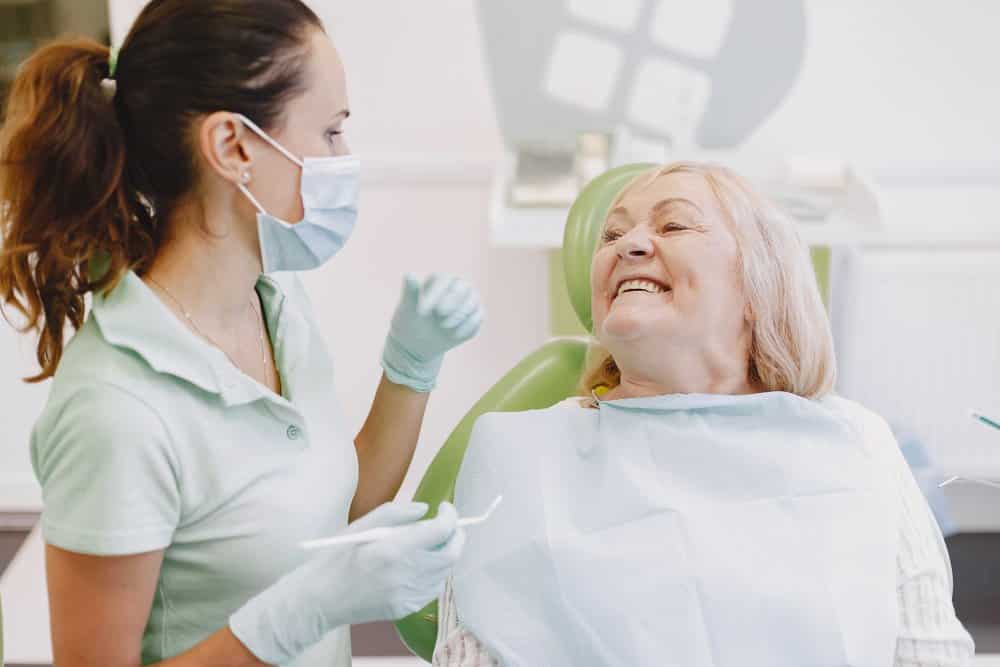
This is a condition whereby you clench or grind your teeth involuntarily, either when awake or asleep. Most people who gnash their teeth when asleep are considered to have sleep disorders. Teeth grinding may present as either mild or severe. In extreme cases, the condition may worsen, leading to frequent symptoms such as headaches, popping sounds whenever you open or close the mouth, jaw and teeth misalignments and aches, gum diseases, and other dental issues.

Other indicators of teeth grinding that calls for a doctor’s prompt include:
- Frequent lack of quality sleep
- Temple headaches
- Teeth aches and sensitivities
- A tight or locked jaw muscles that make it hard to move the jaw
- Recurrent facial, neck, or jaw aches
- Earaches
- Inner-cheek peeling due to its chewing when biting food
- Loose or fractured teeth
- Weak and worn-out teeth enamel
- Weak and fragile gums
The majority who grind their teeth are not even aware of the state since the condition is mild. They only get to know once their symptoms worsen, leading to the intervention of a medical specialist.
What Causes Bruxism?
There are different causes of teeth clenching. Apart from stress, which may induce the problem suddenly, the most common reason behind its occurrence is mechanical issues related to an individual’s teeth. Such may include crossbite, broken teeth, or missing teeth. However, other circumstances may provoke the condition; for instance, substance abuse (excessive use of caffeine, tobacco, or alcohol), psychiatric-related issues like the consistent use of antidepressants, and also neurological-related problems such as dementia, epilepsy, sleep apnea, and Parkinson’s disease.
Note that your gnashing issue may also be hereditary-meaning that some of your close family members also have it. Surprisingly, and for unclear reasons, your traits may also contribute to teeth clenching. For instance, if you are a hyperactive or aggressive person, it may induce this condition.
Treating Teeth Clenching
Treatments for bruxism will vary based on the underlying cause. Dentists will most likely address issues linked to broken, missing, or misaligned teeth with braces, and crowns. If the practitioner suspects substance abuse or personality issues, you may have to undergo therapy treatments such as cognitive-behavioral therapy. Stress-related causative will lead to exercises, physical therapies, the practicing of relaxation techniques, meditation, and counseling sessions. Other situations may require the use of muscle relaxants specifically for the jaw areas. Individuals with neurological conditions will have to undergo medical follow-ups to ensure that they take their medications as recommended, which may as well ease the teeth-gnashing ultimately.
Conclusion
Whenever you think that you’ve been grinding your teeth, it’s good to seek the attention of a dental practitioner. They will conduct a further examination to determine the extent of the condition. If the scope of the damage is severe, the dentist may recommend fitting you with a mouth guard, which you should be wearing before bedtime to prevent further harm. However, if you are experiencing a mild form of teeth grinding (bruxism), the practitioner may recommend some individual exercises mentioned above, which acts as a precautionary against worsening the situation.





